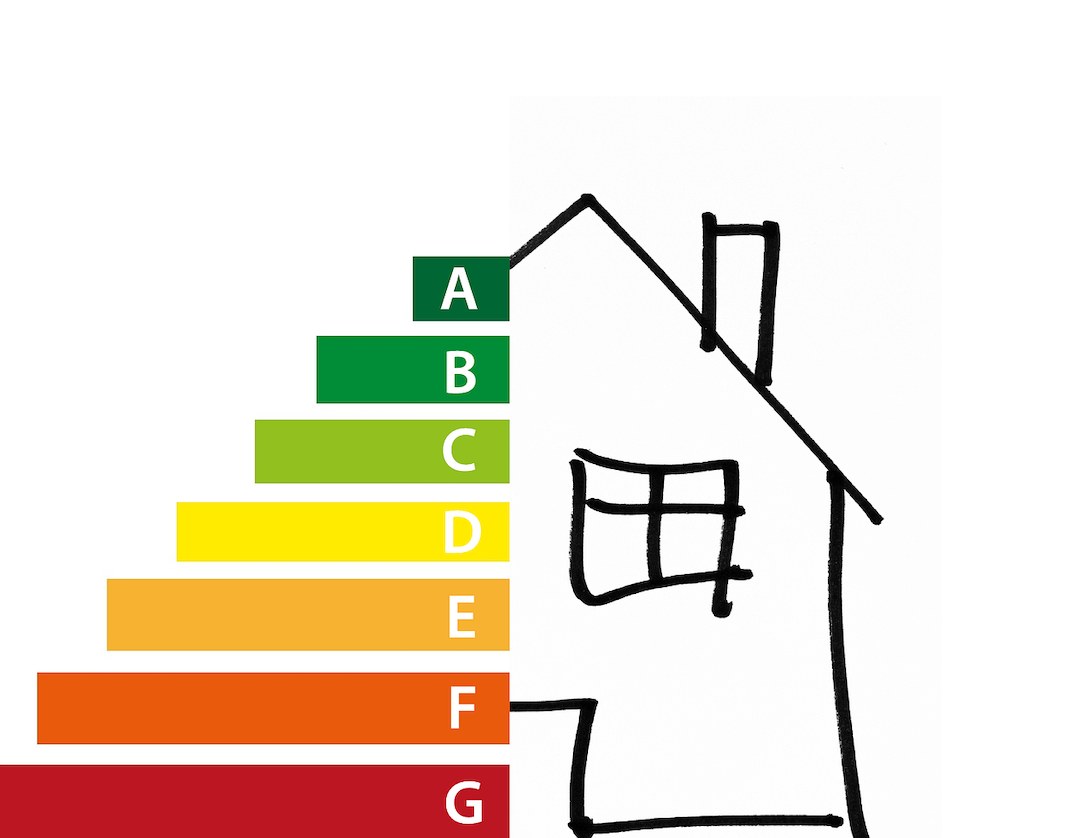The recently passed $1 trillion infrastructure bill, part of President Joe Biden’s Build Back Better plan, has about $5 billion set aside for a wide range of programs to boost energy efficiency in buildings.
The money is geared to reduce electricity use in buildings, improve the materials used to build them, and train people to design, build, and maintain energy-efficient buildings. The funds are crucial for accelerating innovation in deep energy retrofits and building electrification, which are critical steps to reducing carbon emissions, green advocates say.
The lion’s share of funding focused on buildings is a $3.5 billion injection into the weatherization assistance program. Geared to dwellings owned or occupied by people with low incomes, the program provides money to upgrade residences with better insulation, windows, roofing, and heating and cooling devices.
A $225 million grant program is being established to help understaffed and underfunded local governments upgrade building codes. In the long run, this provision may be one of the bill’s most impactful measures.
Related Stories
Codes and Standards | Aug 11, 2021
Decentralized approach to codes means emissions reduction responsibility falls on local officials
Efficiency advocates focusing more on local code amendments.
Codes and Standards | Aug 10, 2021
Dept. of Energy issues model energy code determinations for commercial, residential buildings
2021 IECC offers 9.4% site energy savings.
Digital Twin | Aug 9, 2021
Digital Twin Maturity white paper offers guidance on digital twin adoption
Provides lifecycle map and an approach for incorporating digital twins.
Codes and Standards | Aug 5, 2021
Contractors can be liable for building failures many years after project completion
Personal injury suits could be brought decades after substantial completion.
Codes and Standards | Aug 4, 2021
Mass timber is a natural choice for building recycling through deconstruction
Designing wood buildings to optimize recovery of materials for disassembly aids carbon sequestration.
Codes and Standards | Aug 3, 2021
Dept. of Energy releases initial version of the Spawn of EnergyPlus software
Targets new use cases in advanced controls, district systems, and grid integration.
Codes and Standards | Aug 2, 2021
Several U.S. cities among most expensive places to build in the world
San Francisco, New York, and Boston head the domestic list.
Codes and Standards | Jul 28, 2021
American Concrete Institute creates new director of innovative concrete technology post
Aim is to attract emerging technologies for development.
Codes and Standards | Jul 28, 2021
Higher ed faces infrastructure backlog of $112.3 billion
Study recommends integrated strategic planning for best results.
Codes and Standards | Jul 27, 2021
Add a wobbly moon to flooding risk factors
Earth satellite’s orbit variations will lead to sunny-day flooding in the mid-2030s.

















